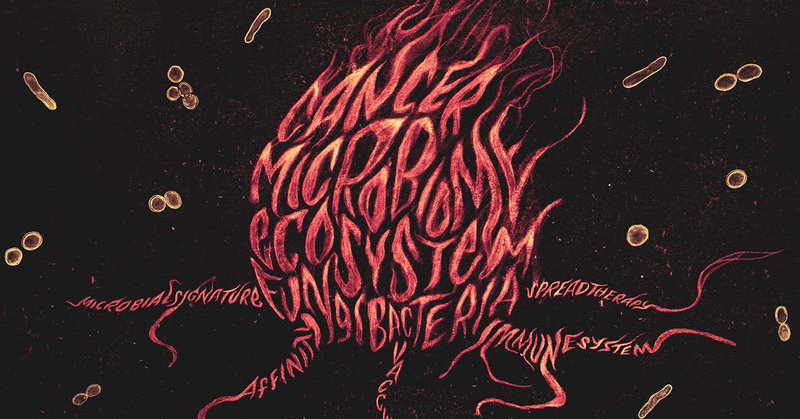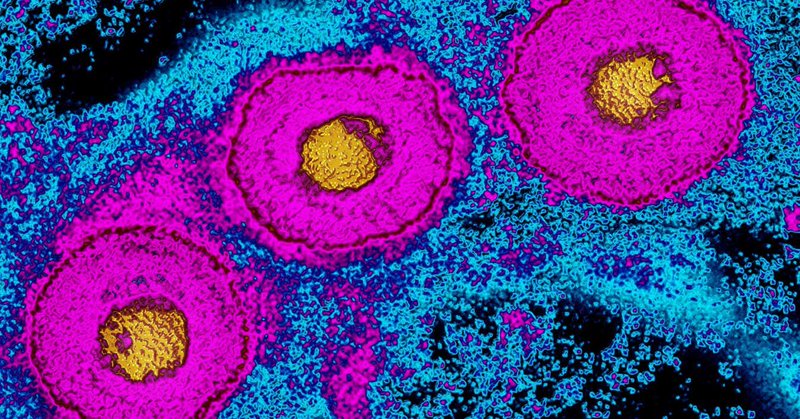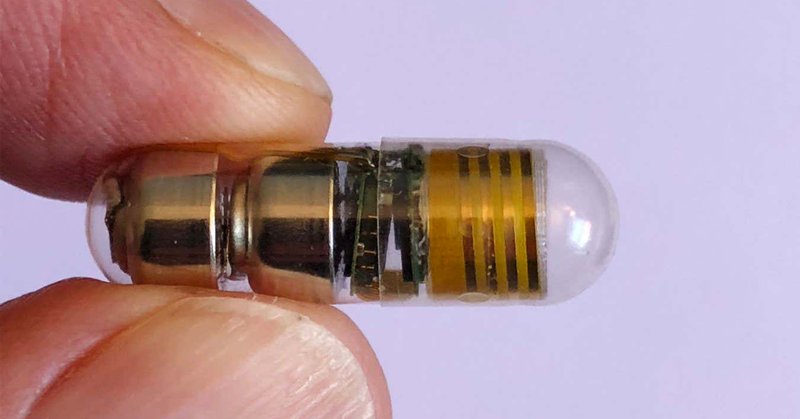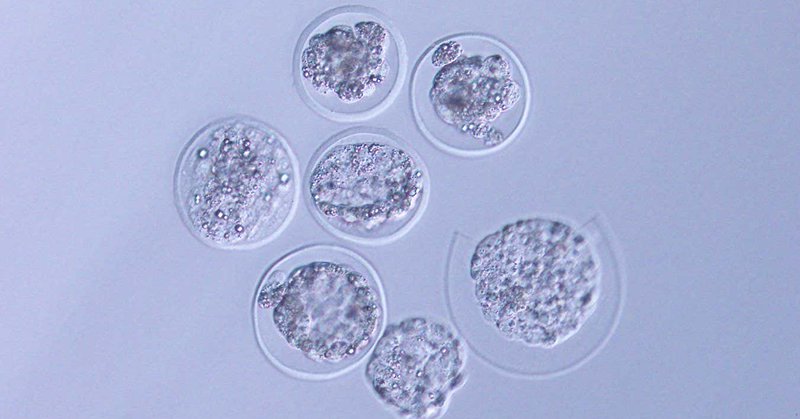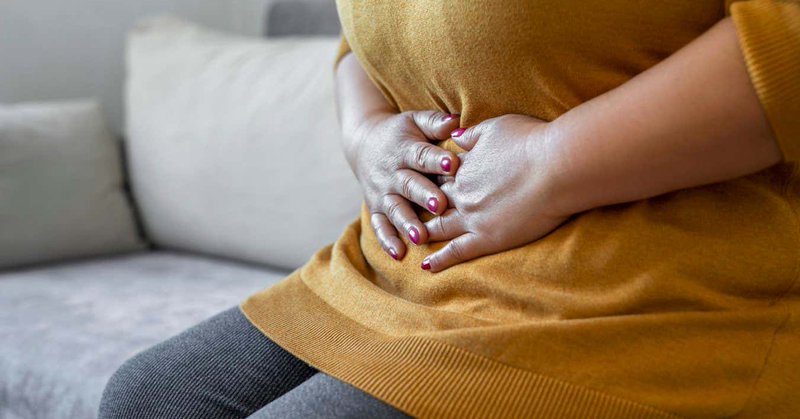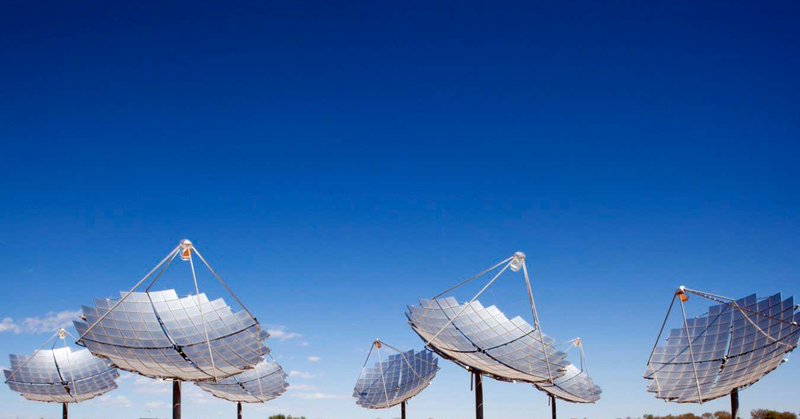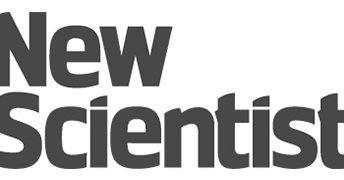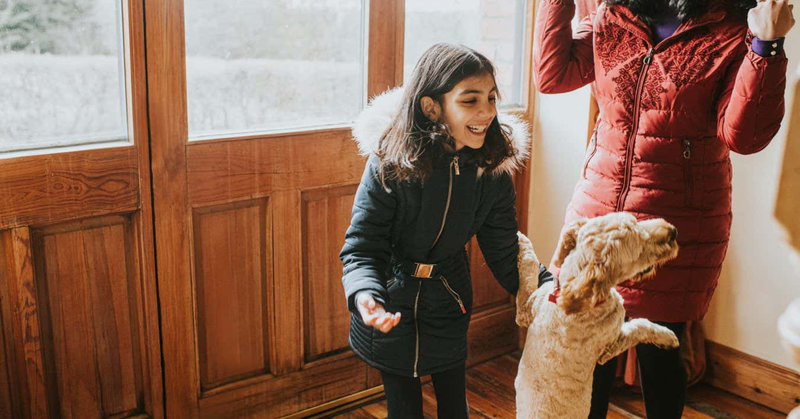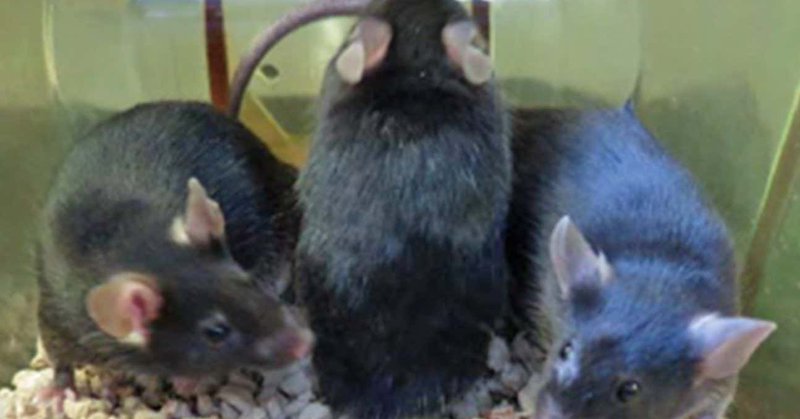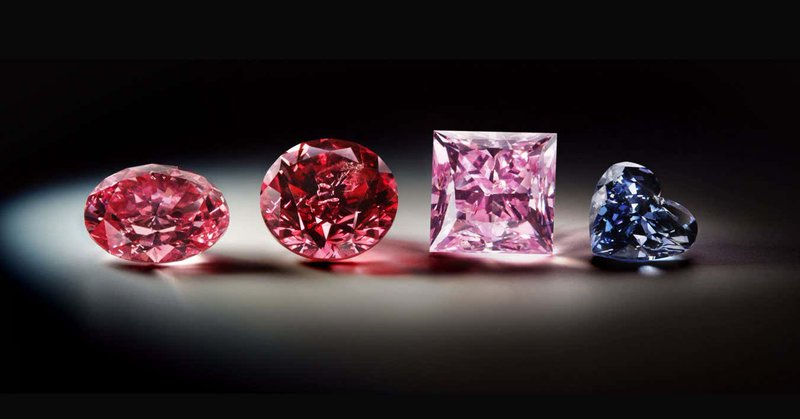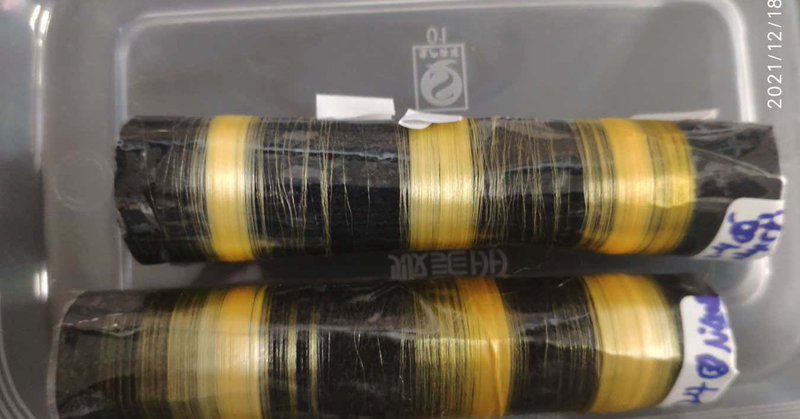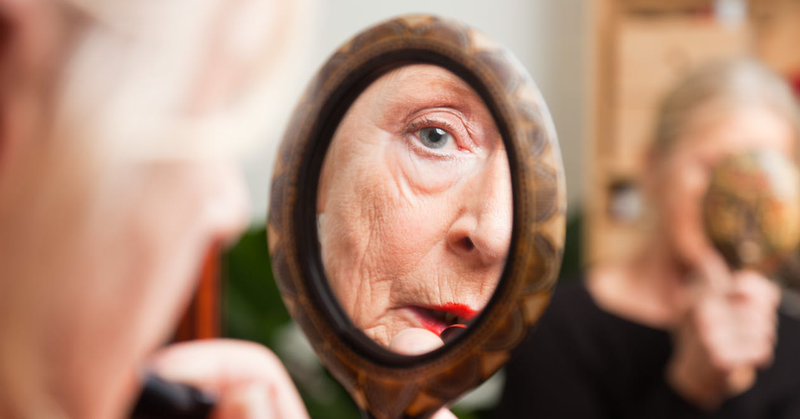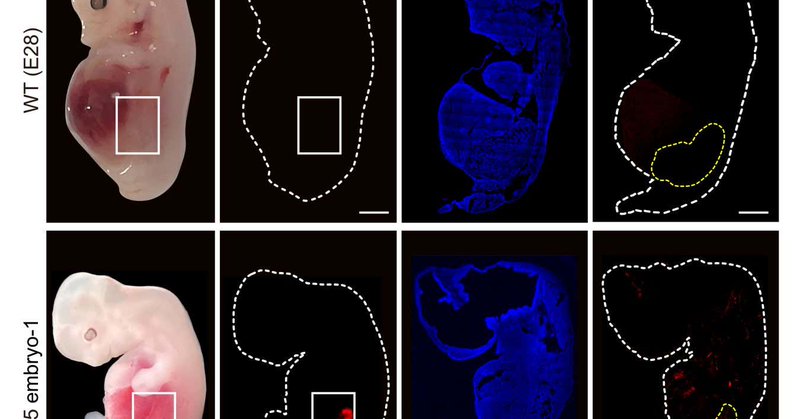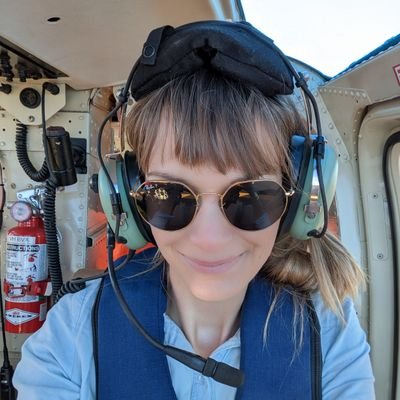
Alice Klein
@alicevklein
Followers
1K
Following
608
Media
16
Statuses
1K
Reporter for @newscientist in Australia 🦘 Chemistry PhD from @Sydney_Uni 🧪 Email: [email protected] - currently on maternity leave
Sydney, New South Wales
Joined August 2013
What a thrill to win the UK Medical Journalists' Association's award for cancer reporting for my @newscientist piece on genetically-engineered bacteria for treating cancer: Thanks @mjauk and editor @alisonge! #MJAAwards.
newscientist.com
New research shows that tumours are home to a rich ecosystem of bacteria and fungi that influence cancer progression - opening up incredible new ways to fight the disease
2
1
6
RT @newscientist: Genital herpes has been linked to accelerated shrinkage of the outermost layer of the brain, which may raise the risk of….
newscientist.com
People who tested positive for the virus behind genital herpes tended to have reduced thickness of their outermost brain layer, which has been linked to Alzheimer's disease
0
29
0
RT @newscientist: An electronic pill that monitors your breathing and heart rate from inside your gut could help to detect sleep apnoea and….
newscientist.com
A smart pill can accurately monitor your breathing and heart rate from inside your gut, which may be useful for detecting sleep apnoea
0
12
0
Mammal embryos must separate early on into 2 cell types that become the fetus & placenta. It was unclear whether this would be possible in space due to the low gravity, but an experiment on the ISS shows it is, hinting pregnancy may be possible in space.
newscientist.com
An experiment on the International Space Station suggests early embryo development isn't affected by the low-gravity, high-radiation conditions
1
1
1
A new bowel cancer screening test that analyses RNA in your poo is more accurate than existing stool tests (like those mailed to older adults in UK/Australia) while being cheaper + more convenient than a colonoscopy. It has been submitted for FDA approval.
newscientist.com
A screening test for bowel cancer that looks for RNA in stools can be done at home and is almost as good at detecting the condition as gold-standard colonoscopies
1
10
40
RT @hausfath: The world has made real progress in bending down the curve of future emissions. While we remain far from on track to meet o….
0
451
0
73% of South Australia's electricity now comes from solar and wind - the highest proportion of any major grid in the world. I visited to find out how they've achieved this clean energy transition in such a short time and what lessons they can give us.
newscientist.com
South Australia is a renewable energy champion and now plans a truly fossil fuel-free grid. How did it make such a remarkable turnaround, and can the rest of the world follow suit?
8
24
107
Climate change may be improving the quality of Bordeaux wines by increasing the frequency of wet winters and hot, dry summers, which assist the growth and flavour development of grapes. But there is a limit
newscientist.com
An analysis has found that Bordeaux wines made in years with wet winters and hot, dry summers – which are becoming more common as a result of climate change – are judged more highly by wine critics
0
4
23
RT @timothyrevell: 📢Space reporters 📢. I'm light on space news stories atm so very open to pitches. Drop me a line on timothy.revell@newsci….
0
10
0
We are looking for an Australian-based news reporter at @newscientist to cover me for 12 months while I'm on maternity leave. Can be done from anywhere in Australia:
newscientist.com
New Scientist are seeking an experienced, News Reporter to cover the latest developments in science & technology, from Australia and around the world.
4
24
27
It's standard in the UK, US and Australia to kill male chickens from egg-laying breeds as soon as they hatch as they can't lay eggs so offer no commercial value. Europe, however, is now screening egg sex so males can be terminated before they hatch.
newscientist.com
Male chicks have no value to farmers who raise egg-laying chicken breeds, meaning that billions are slaughtered straight after hatching. Now, techniques to sex embryos inside eggs aim to end this...
3
7
26
Did you know that you share 12% of your gut microbes with the people you live with? And that couples exchange 80 million bacteria on average during a 10-second kiss? Read more in our @newscientist special on the microbiome this week.
newscientist.com
We used to think the microbiome was mainly formed when we were babies but who you choose to live with later in life will shape the inhabitants of your gut
1
10
21
RT @newscientist: The greater broad-nosed bat mostly lives along the coast and foothills of New South Wales, Australia. It was thought to m….
newscientist.com
Australia’s greater broad-nosed bat was believed to mostly eat beetles and other insects, but hairs found in its droppings suggest it also feasts on other bats
0
3
0
RT @newscientist: Mice with partial rat brains have been born from hybrid embryos, marking the first time that the brain of one species has….
newscientist.com
Creating mice with partial rat brains helps scientists better understand whether synthesising embryos from human and pig cells to grow organs such as kidneys could accidentally lead to pigs with...
0
7
0
RT @newscientist: Rare and prized pink diamonds found in Western Australia emerged when a supercontinent broke up around 1.3 billion years….
newscientist.com
Understanding how the world’s largest-known collection of pink diamonds came to the surface in Australia around 1.3 billion years ago could help us find hidden deposits elsewhere in the world
0
18
0
RT @newscientist: In the future, bulletproof vests and surgical thread could be made by genetically engineered silkworms producing pure spi….
newscientist.com
Spider silk has been seen as a greener alternative to artificial fibres like nylon and Kevlar, but spiders are notoriously hard to farm. Now researchers have used CRISPR to genetically engineer...
0
52
0
Loved this Friday essay: homesick for ourselves – the hidden grief of ageing @ConversationEDU.
theconversation.com
As we age, it can be hard to fathom the gap between our younger selves and the bodies we inhabit. Carol Lefevre explores this strange form of homesickness.
0
0
1
Over 100,000 people in the US alone are waiting for a kidney transplant. One possible solution to the donor shortage may be to grow human kidneys in pigs by first creating human-pig hybrid embryos @newscientist
newscientist.com
Early kidney structures made of mostly human cells have been grown in pig embryos for up to 28 days as part of efforts to grow human organs in other animals for transplants
6
8
18

